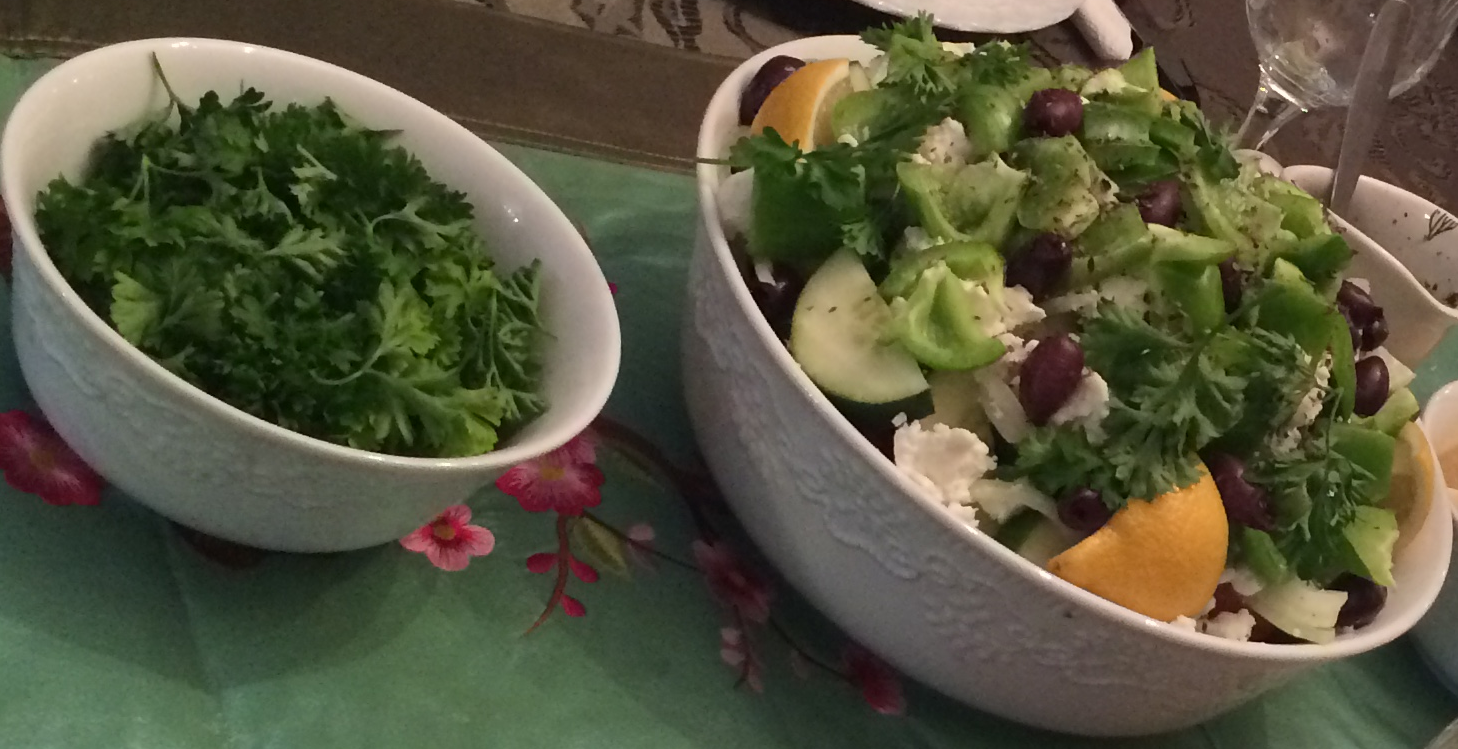Many people today ask, “Does a vegetarian diet work?”—for weight loss, detox, disease prevention, or even spiritual growth. While plant-based eating is praised across social media and promoted by wellness influencers, the real-life results tell a different story. Despite the promises, many long-term vegetarians face chronic fatigue, poor digestion, emotional instability, infertility, and accelerated aging. Why?
To truly answer this question, we must go beyond trendy nutrition headlines—and even beyond modern nutritional science. We must look at the life energy and processing needs of the human body, something Traditional Medicine has understood for centuries.
🚫 Plants Are a Lower Form of Life—and Harder to Convert to Human Vitality
From the perspective of Traditional Chinese Medicine and other ancient healing systems, plants—especially raw fruits and vegetables—have very different life energy than animals. They are considered a lower level of life, meaning they require much more internal energy to transform into the kind of nourishment the body truly needs: blood, marrow, bone, reproductive fluids, and vital essence.
Even if a food contains nutrients on paper, that doesn’t mean your body can absorb and convert them into usable energy. Many long-term vegetarians and vegans suffer from blood deficiency, weak kidneys, cold limbs, fatigue, and even infertility because their bodies simply don’t have the yang energy to transform raw plant matter into complex human tissues.
💊 But What About Supplements?
Modern nutrition admits that vegetarian diets often lack essential nutrients like Vitamin B12, iron, zinc, complete proteins, and more. That’s why dietitians often recommend supplements. But can isolated pills and powders truly replace the deep nourishment of real, life-rich foods?
Read more in: Nutrition: Do You Believe in Modern Nutrition?
Traditional medicine teaches that real nourishment comes from foods that are energetically compatible with your body, not from synthetic or fragmented nutrients. Supplements may hide the symptoms temporarily but can’t restore true vitality—especially when the digestive fire is already weak.
📖 Dr. Weston Price’s Research on Vegetarian Diets
Pioneering dentist and researcher Dr. Weston A. Price traveled the globe in the early 20th century, studying traditional people untouched by modern diets. What he discovered was eye-opening.
He found that Hindus of South India, who were mostly lifelong vegetarians for religious reasons, were malnourished, had the shortest life span in Asia, and suffered from severe dental and skeletal degeneration. In contrast, their northern neighbors who consumed animal foods—such as dairy, meat, and even fermented fish—were taller, healthier, and stronger.
Despite similar climates and cultural histories, the difference in physical health was striking. This raises an important question:
Does a vegetarian diet work in the long run—even if done for ethical or spiritual reasons?
❓ Common Questions Answered
🥗 “But some people feel better after going vegetarian… Why?”
This may happen temporarily because they’ve cut out junk food or toxic meats. But over time, most people experience a drop in life energy—their hair thins, emotions destabilize, digestion weakens, and immunity crashes.
🌍 “What about people who thrive on vegetarian diets?”
There are always exceptions, especially in specific climates or genetic lineages. But the majority of people—especially in cold, damp, or high-stress environments—need animal-based nourishment to stay grounded, warm, and healthy.
⏳ “How long can a vegetarian diet sustain me?”
Some people feel fine for a few months, a few years, or even a decade. But many suffer silent depletion, not realizing their symptoms—like low libido, insomnia, or anxiety—are connected to their diet.
✅ So… Does a Vegetarian Diet Work?
Not for most people, especially not for long-term health, fertility, or resilience.
It may align with certain values, but your body still needs deep nourishment—from foods your system can digest, absorb, and transform into true life energy. That includes well-cooked animal products like eggs, organ meats, broths, and warming dishes that support the Spleen and Kidney systems.
If you’ve been following a vegetarian diet and feel worse instead of better, you’re not alone—and your body is speaking to you.
💡 What To Do Instead
- Rebuild your digestive strength with warming foods like bone broth, lamb stew, cooked grains, ginger, and cinnamon.
- Restore yang energy with lifestyle practices from the Total Life Energy Plan.
- Nourish your body and blood with easily absorbed animal foods and/or herbs.
Only energy masters—those who can absorb a great amount of energy from the universe and have deep knowledge of herbs, their functions, and their own health conditions—can possibly sustain a vegetarian diet without harm. - Don’t rely on supplements—rely on real, life-rich foods.
🔄 Explore More
✨ Learn the truth about modern health trends and reconnect with timeless wisdom.
📖 Read more with my book: Total Life Energy Plan
📺 Watch our videos on healthy Diet: Life Energy Diet

